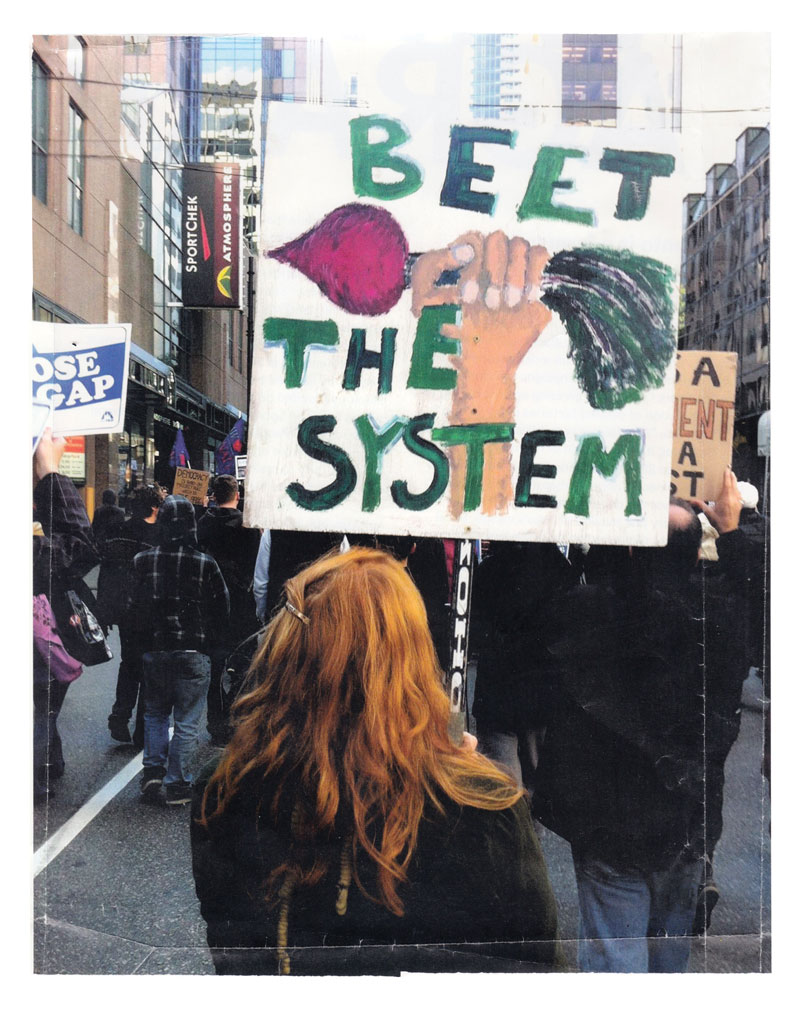ILSI, the International Life Sciences Institute, has your health in mind.


It describes itself as “a nonprofit, worldwide organization whose mission is to provide science that improves human health and well-being.” Since its foundation more than forty years ago (by a Coca-Cola executive), it has rosily convened “scientists from the public and private sectors to collaborate in a neutral forum on scientific topics of mutual interest.”
Based in Washington, D.C., it boasts seventeen branches worldwide, on every continent except Australia. Financially speaking, ILSI’s global operations rely in large part on the generosity of its constituent members. In 2017, three quarters (over sixteen million dollars) of its revenue were attributed to “member support.” Of special interest are the names that make up ILSI’s markedly charitable membership. This is because, insofar as those names might be expected to apply to persons, there are none. Instead, ILSI’s current list of North American members is made up of such grave monikers as DuPont Nutrition & Health, General Mills, Kellogg Company, PepsiCo — and the Coca-Cola Company.
It is easy, then, to suspect that ILSI may be up to something less than altruistic, despite its sunny rhetoric. But it seems to have anticipated that worry, stating reassuringly that it “does not lobby … or make policy recommendations.” That it sees the need to say so at all should give any half-alert person at least a half-second’s pause.
Nonetheless, ILSI seems to have insinuated itself into the regulatory apparatus of several burgeoning economies, including India’s and China’s. Beijing’s Centre for Disease Control and Prevention, for example, does not merely share personnel with ILSI’s so-called Focal Point in China (including that branch’s director). Rather, the latter brazenly operates from within the very offices of the former. Lo and behold, a report published this year in the BMJ suggests that ILSI, acting as a front for its corporate membership, influenced China’s policies on obesity in favour of industrial food producers. Likewise, in India, a panel of three experts assembled to review the purposeful delay of its government’s decision to mandate the pasting of warning labels on unhealthful packaged foods included Dr. Boindala Sesikeran — nutritionist, trustee of ILSI, and a former advisor to Nestlé.

In both accounts, we see the regulators and the regulated collapse into one unaccountable mass. And this is to say nothing of ILSI’s myriad other unsavoury ventures, in the developed as much as the developing world, to bend public policy to benefit corporate interest. Indeed, it seems as if Big Food, ILSI, and their mutual higher-ups are complicit in a conspiracy of greed and misinformation, at the expense of the world’s eating public. However, as for conflicts of interest, ILSI reassures us that we need not worry. “All ILSI’s activities,” it insists, “are conducted in an open and transparent manner.”
That claim is doubtful. A (widely criticized) recent study, authored principally by epidemiologist Bradley C. Johnston of Dalhousie University, attempted to refute the consensus that eating red, processed meats contributes to the risk of cancer and heart disease. Three years prior, in a study funded by ILSI, Johnston sought to cast doubt on guidelines that warn consumers of health risks associated with sugar. Though Johnston has claimed that his research on meat was conducted without support from ILSI, he failed to disclose his past ties to it — which might just have made him, like many scientists whose consciences ILSI has assimilated, seem a corporate stooge out to discredit claims damaging to industry’s namesake — before having published his recent paper.
Clearly, corporate food and public-health policy cannot be counted as separate and distinct interests — not here, not abroad, perhaps not anywhere. For decades, under the guise of “health” and “well-being,” ILSI has insidiously embedded its brood of lies into the conversation about what is healthy, and what is not. Those lies, and the very people who tell them, have burrowed into the safeguards (including the CDC), now corrupt, designed to protect the public’s wellbeing. In a system that makes this possible, who are we to trust? Perhaps the only refuge of conscientious eaters lies in the soil of backyards and plant-pots. But lest any pests get in there, don’t forget your Raid.
Join the Third Force Collective to access our revolutionary briefings.
This isn't a paywall. You can close it if you just want to read the article below it. But our aim is to win the planetary endgame — we want to catalyze a moment of truth, a stunning reversal of perspective from which corpo-consumerist forces never fully recover. For that we need you.






